2 August 2021
Claudia Roth
Vice President of the German Bundestag
Digital welcome address for the European Holocaust Memorial Day for Sinti and Roma on 2 August 2021
Survivors of the Holocaust,
Representatives of generations born later,
Ladies and Gentlemen,
Romani Rose,
Friends,
Mire latsche Mahla – Mire latsche Mahlezi!
Auschwitz – Where all human values were destroyed.
Auschwitz – Which marks the end of all civilisation.
Auschwitz – Which symbolises such overwhelming horror, violence, terror and annihilation.
This place which almost seems to smother every word, every gesture.
On this day, I am filled with overwhelming sorrow and deep humility in speaking to you in remembrance of the liquidation of the so-called “Gypsy camp”, 77 years ago in the summer of 1944.
About 23,000 Sinti and Roma people were believed to be imprisoned at Auschwitz-Birkenau.
Only 2000 people survived the mass murder. At the camp, 5000 people were gassed; 2900 were brutally murdered when the camp was cleared during the night of 2-3 August 1944.
It was the night of the Porajmos – the night of the devouring.
Auschwitz symbolises the genocide of the Sinti and Roma people, and those called Zigeuner – Gypsies – by the Nazis.
Auschwitz stands for a sea of tears – of suffering – of pain.
Yet Auschwitz also symbolises the courageous armed resistance of the Sinti and Roma people, which was brutally crushed.
Let us use this European Holocaust Memorial Day for Sinti and Roma to pay our respects to the dead and to make a pledge to the living:
The murder and systematic annihilation of human life like this must never be allowed to happen again.
As a German and a representative of democratic Germany, I am especially conscious of the enormous responsibility which this history – my history – imposes.
It was an attempt to permanently obliterate this great culture.
While acknowledging all the dreadful horrors which this terror has burned deep into the souls of people from the European Sinti and Roma communities, we can nonetheless say today: the Nazis did not succeed.
They did not succeed in obliterating entire cultures, in destroying the richness of the European people.
They inflicted deep wounds and traumas, expelled and weakened European cultures, but they were unable to destroy this richness.
They did not destroy the language – the music – the literature – the pictures. But above all, they did not destroy the memory of the women, men and children who were murdered.
They remain with us now and will remain with us in the future.
Seventy-seven years after the terror perpetrated by the Nazis, I am very glad to be able to say with absolute conviction: the Sinti and Roma people are part of European culture and are an integral part of our ethnic and cultural richness and our European societies, in which they have lived for many centuries.
This survival, this belonging, was the most powerful weapon against the Nazis’ attempt to annihilate them, and it is the most powerful weapon against the shameful discrimination and marginalisation to which the Sinti and Roma people are still subjected in Europe to this day.
Today’s commemoration is a warning to us to stand up to all forms of human-rights violations in our Europe!
So this commemoration today is also a reminder for the future, and a responsibility for the present.
The responsibility imposed on us by the horrors of the past is one we must live up to today.
Let us all fight together to ensure that the marginalisation of the Sinti and Roma people is ended at last, and that the lessons of history help us to live in line with our moral imperative:
Human dignity is inviolable.
Thank you!
Statements 2021
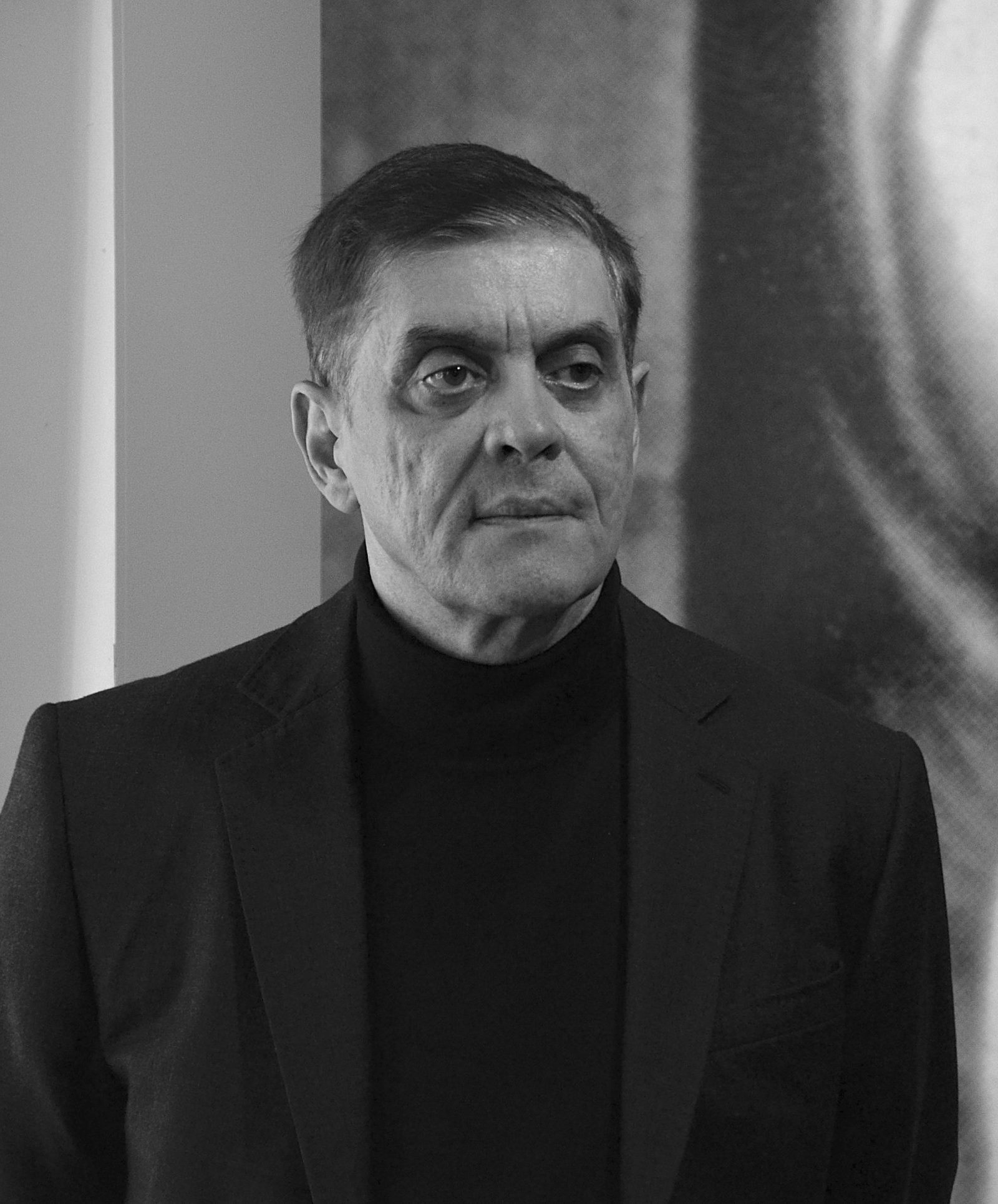
Romani Rose
Chairman of the Central Council of German Sinti and Roma
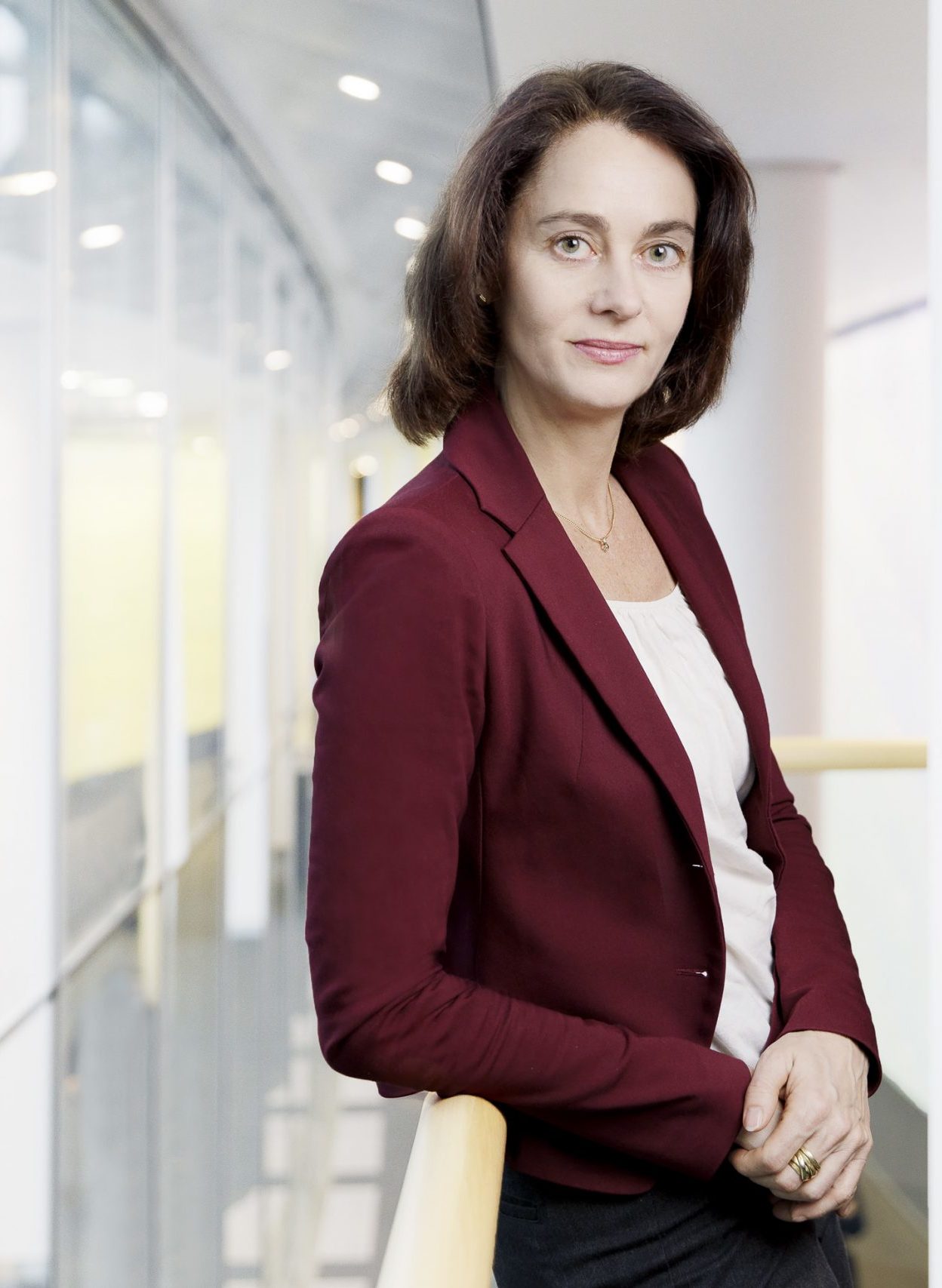
Katarina Barley
Vice President of the European Parliament

Helena Dalli
European Commissioner for Equality
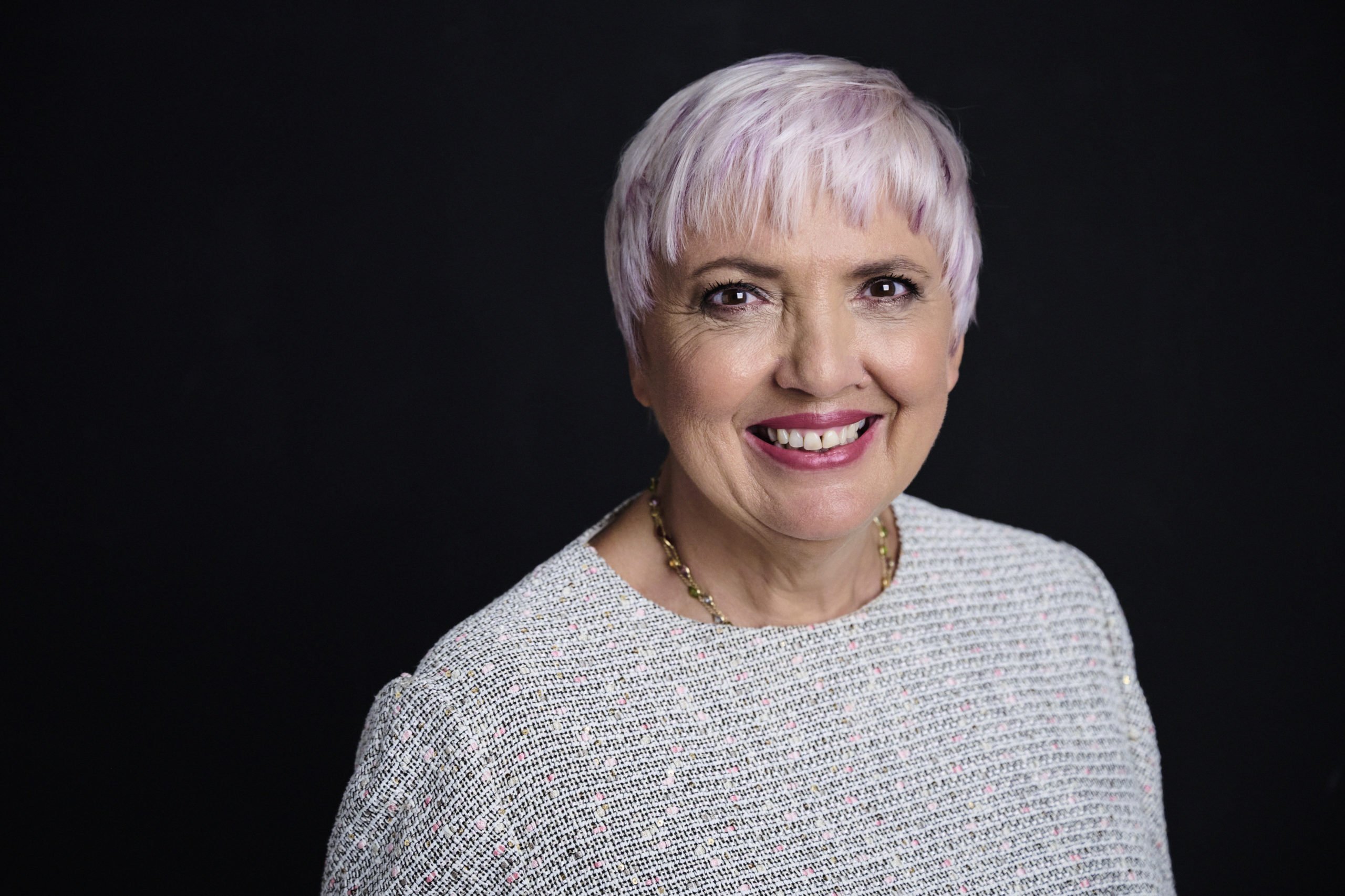
Claudia Roth
Vice President of the German Bundestag
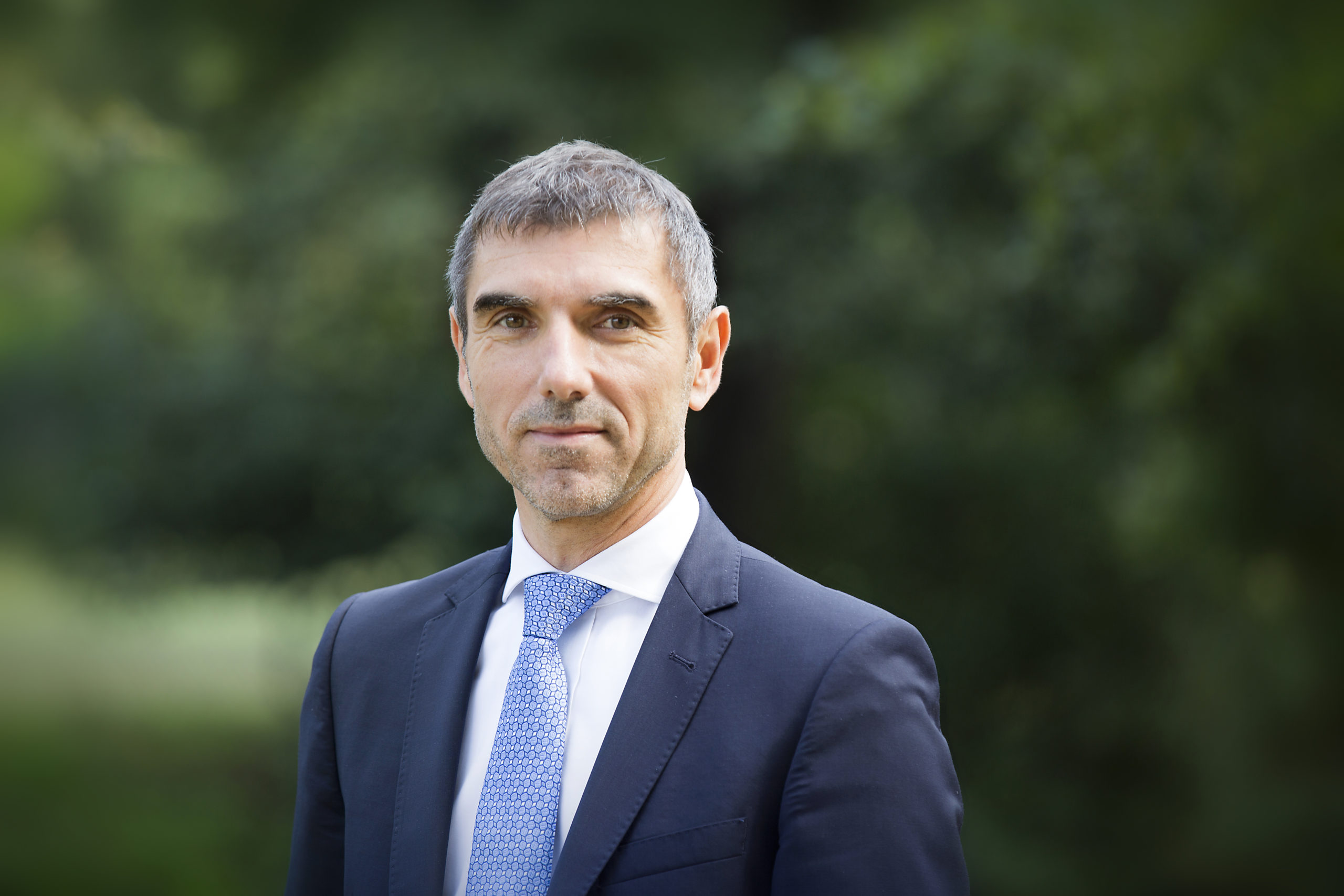
Paul Blokhuis
Dutch State Secretary Paul Blokhuis
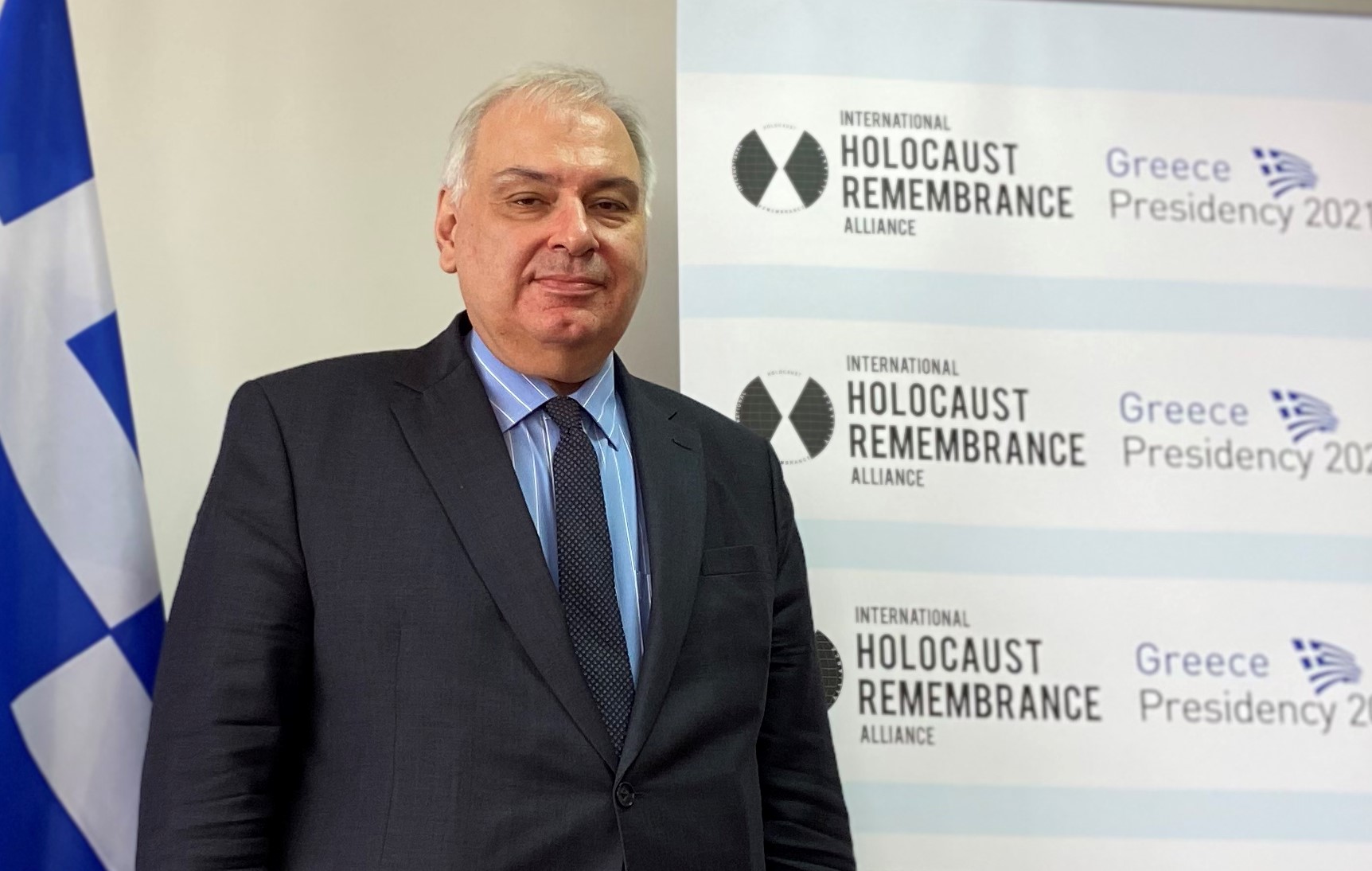
Chris J. Lazaris
Amb. Chris J. Lazaris, IHRA Chairman
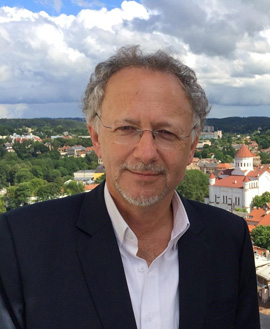
Fernand des Varennes
UN Special Rapporteur UN minorities
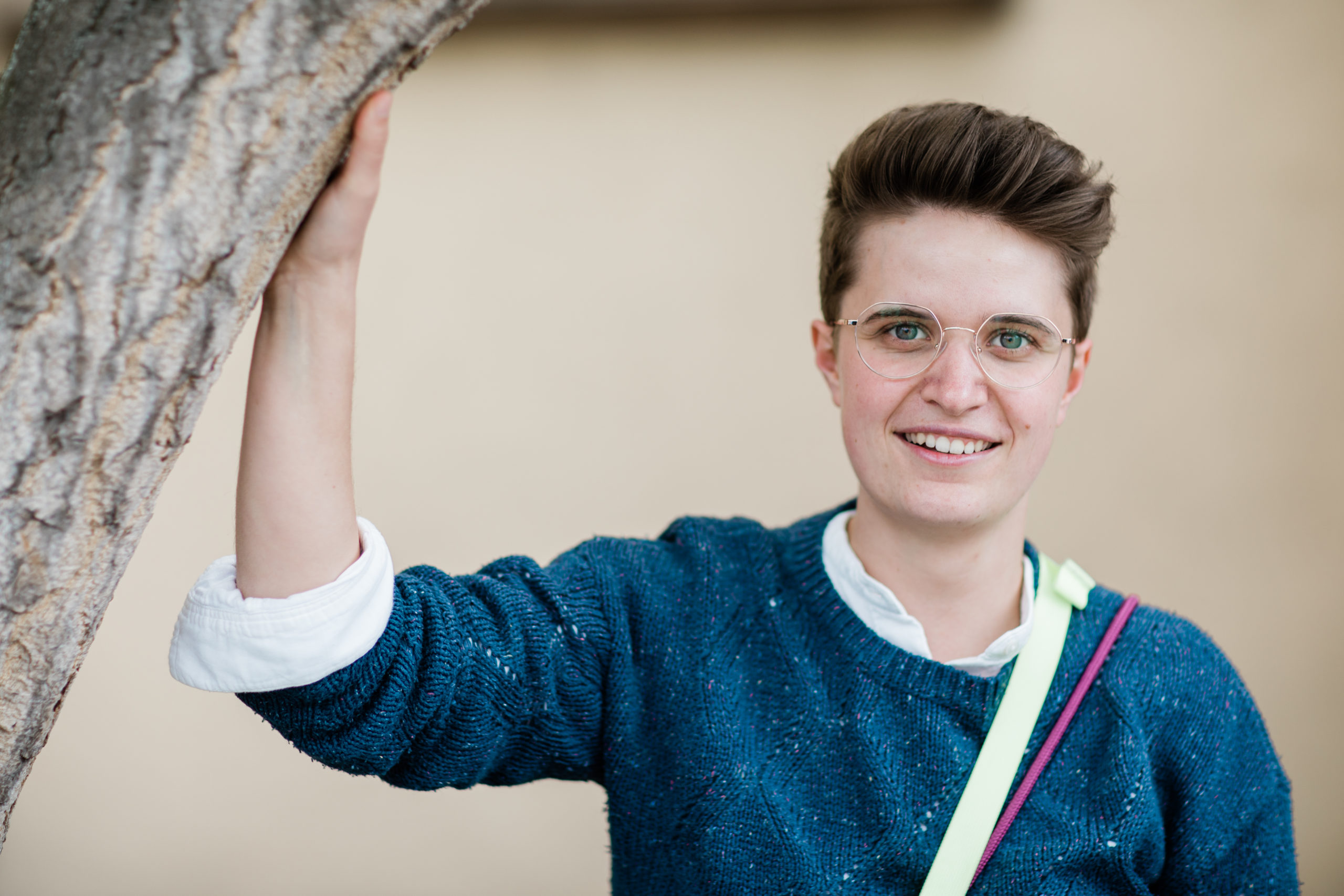
Anna-Nicole Heinrich
President of the Synod of the Evangelical Church in Germany (EKD)

Justin Trudeau
Prime Minister of Canada
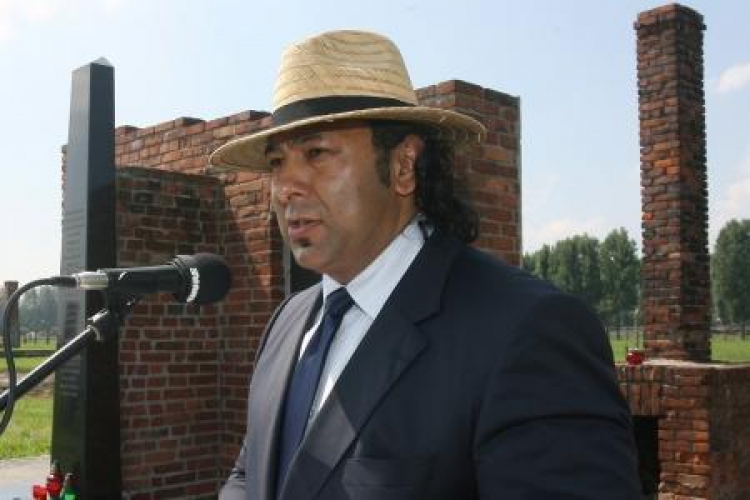
Roman Kwiatkowski
Chairman of the Association of Roma in Poland
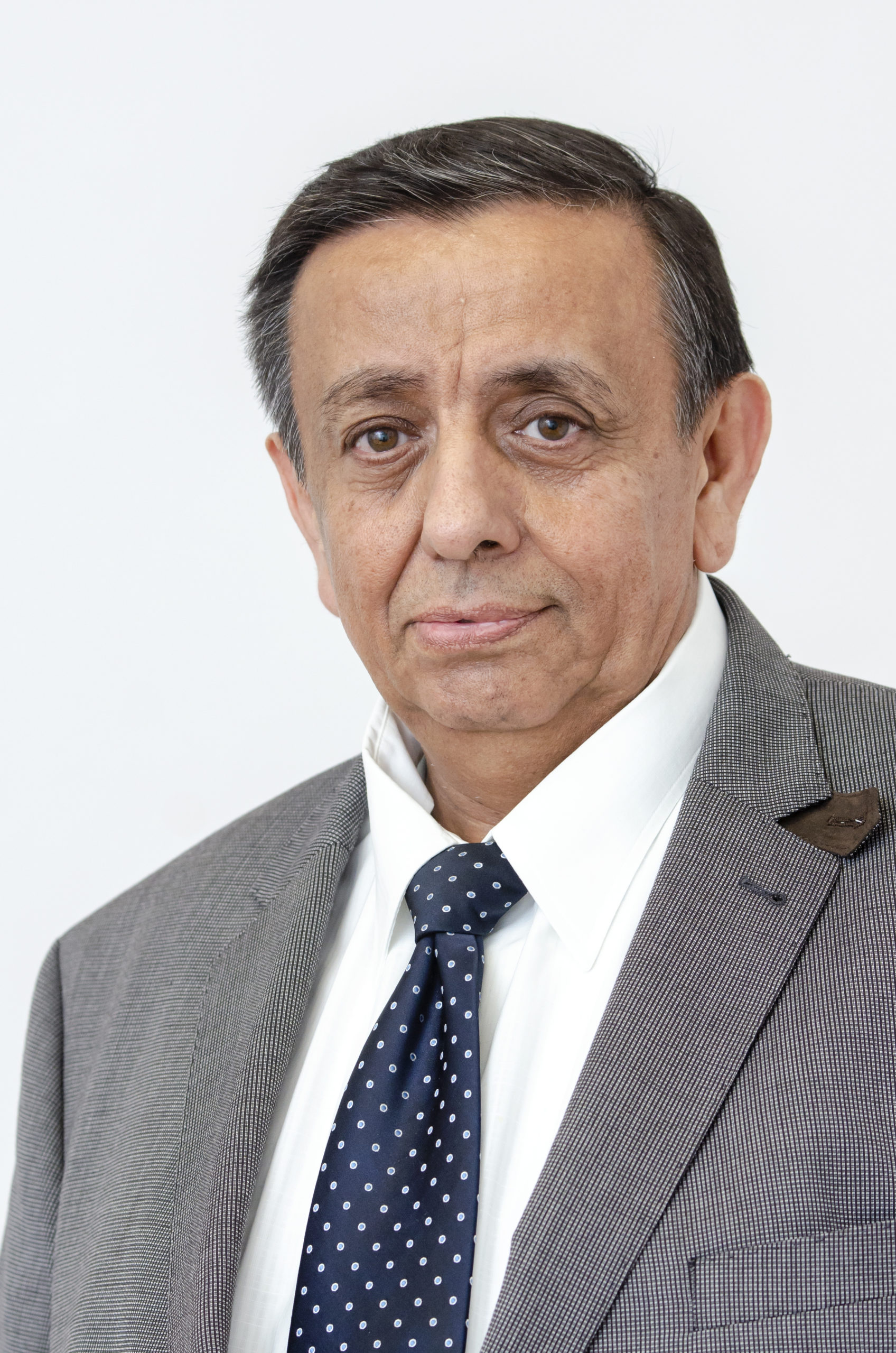
Erich Schneeberger
Deputy Chairman of the Documentation and Cultural Center of German Sinti and Roma and Chairman of the Association of German Sinti and Roma
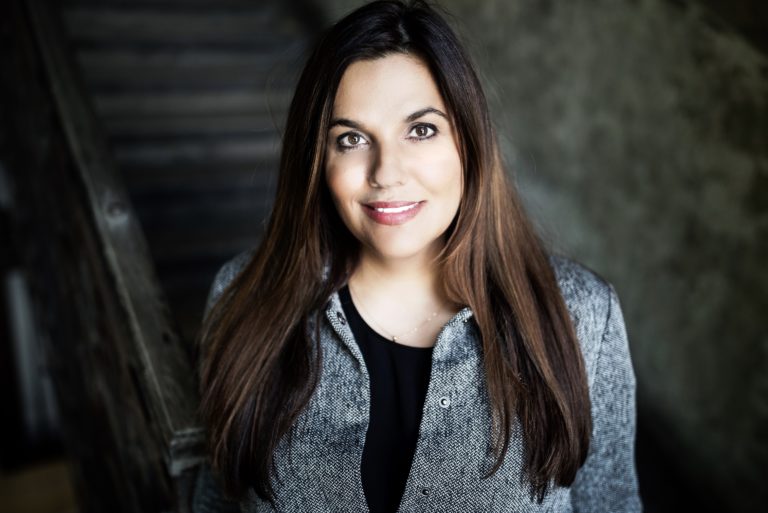
Timea Junghaus
Executive Director
European Roma Institute for Arts and Culture (ERIAC)
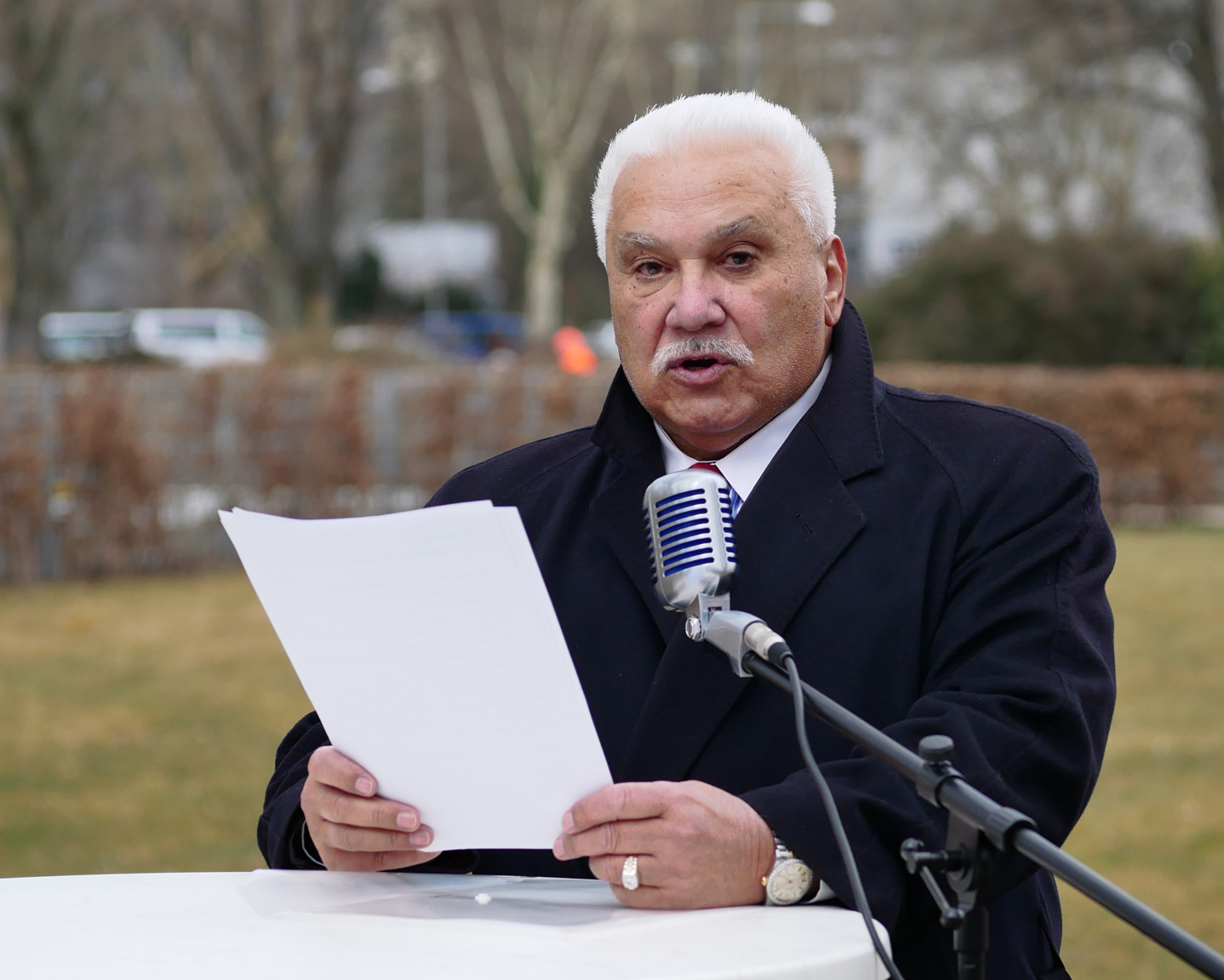
Adam Strauß
Chairman of the Council of German Sinti and Roma in Hesse
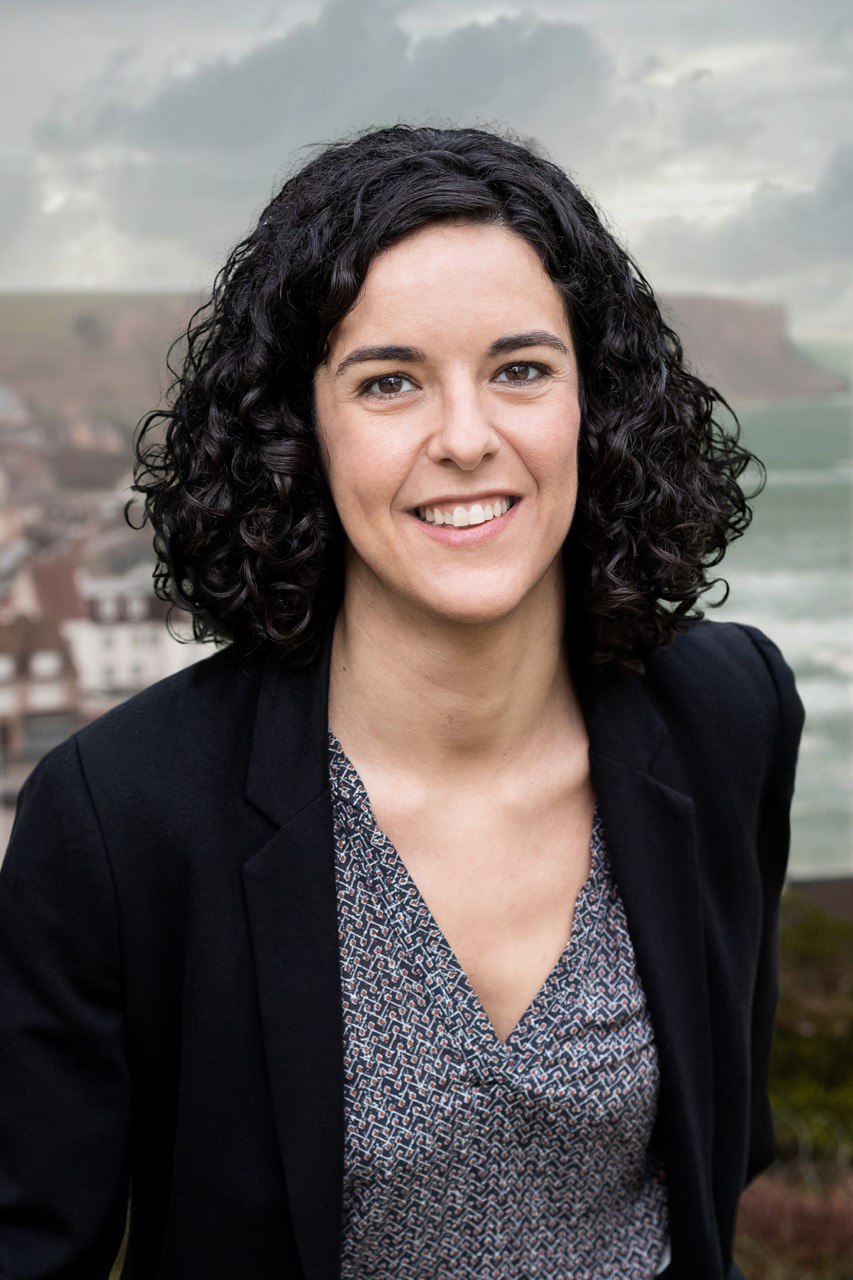
Manon Aubry
Manon Aubry, MEP
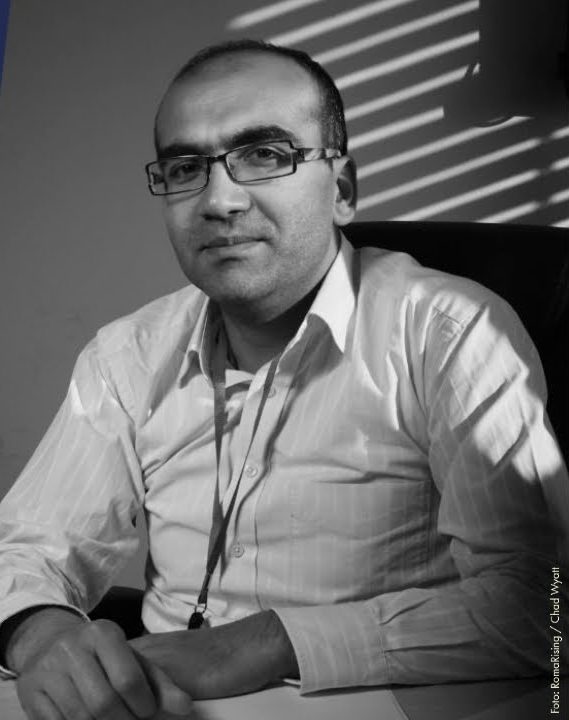
Adrian-Nicolae Furtuna
Historian at the University of Bucharest
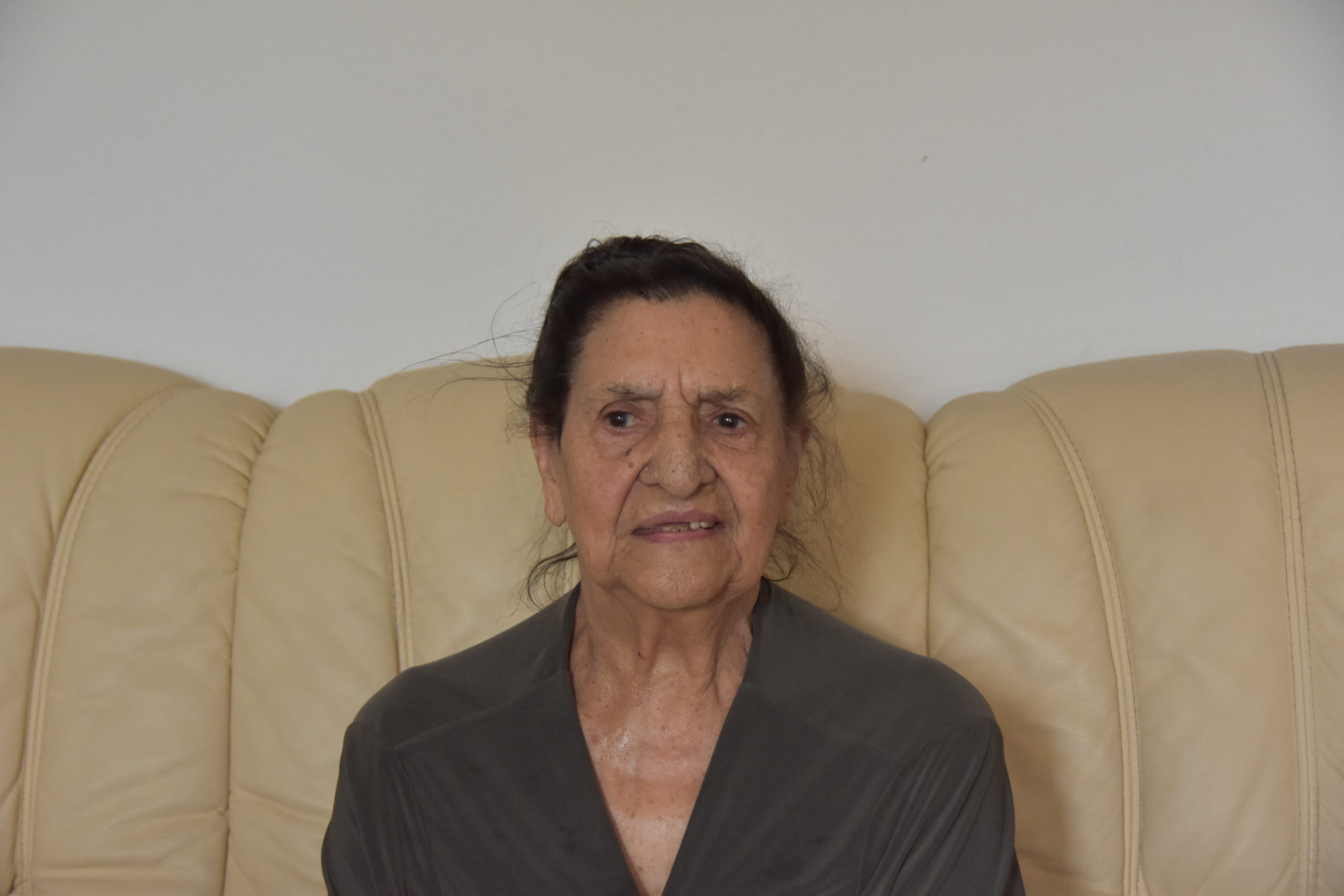
Philomena Franz
Holocaust Survivor

Angelina Kappler
German former Weinkönigin
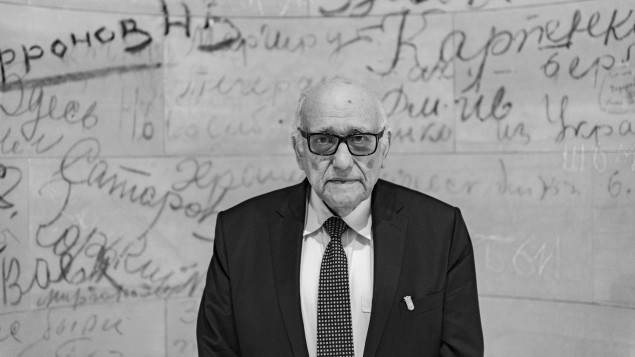
Marian Kalwary
Chairman of the Association of Jews,
Survivors and Victims of the Second World War
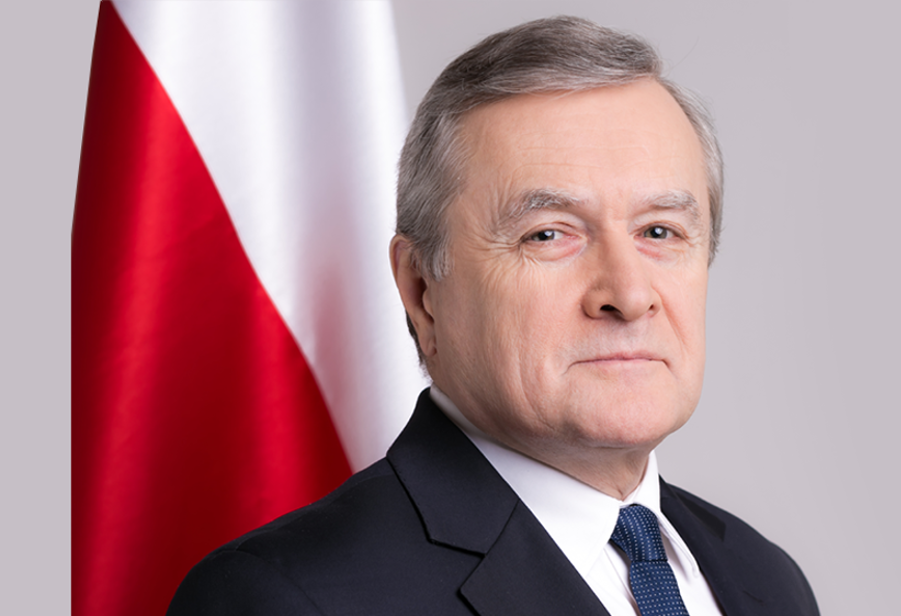
Piotr Gliński
First Deputy Prime Minister and the Minister of Culture and National Heritage of Poland
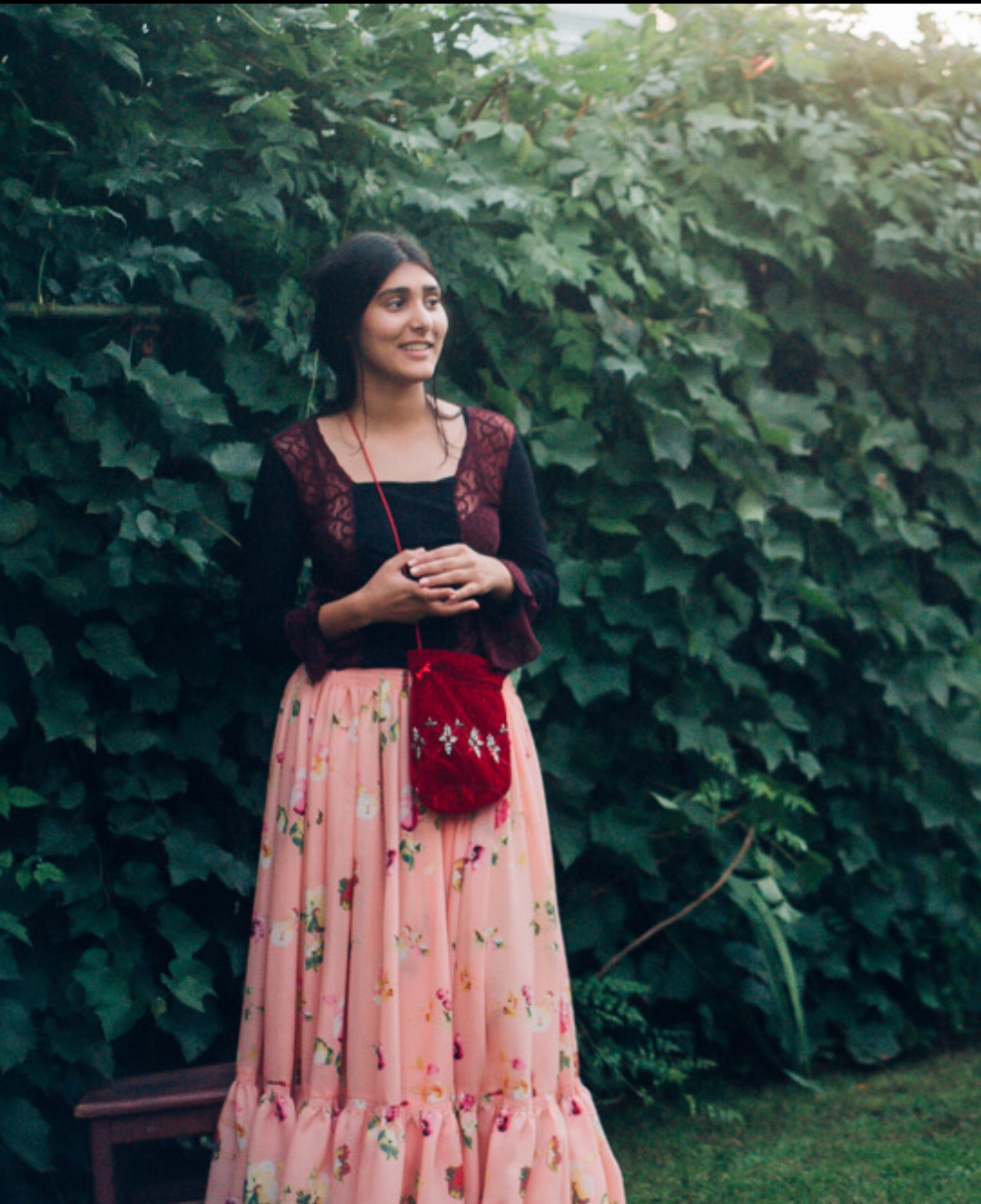
Izabela Tiberiade
Young Activist from Sweden
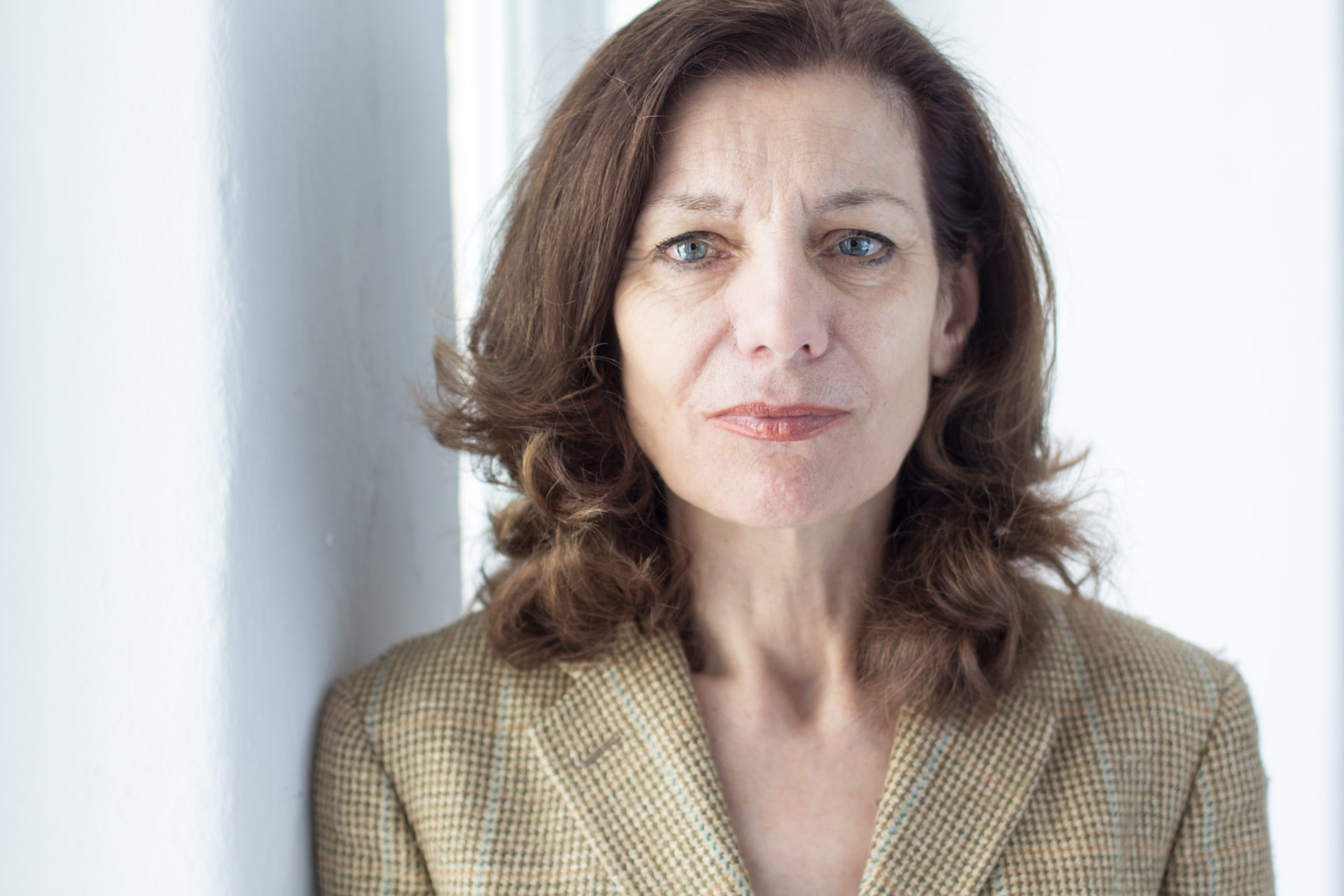
Ursula Krechel
Writer
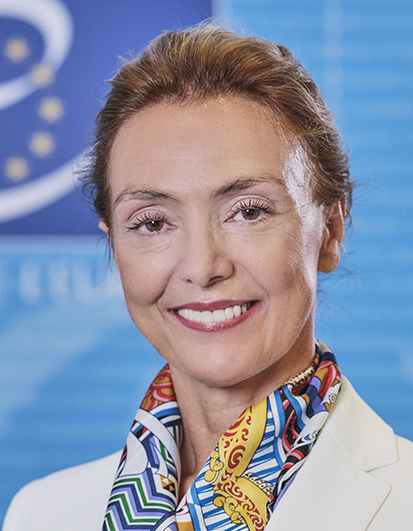
Marija Pejčinović Burić
Secretary-General of the Council of Europe
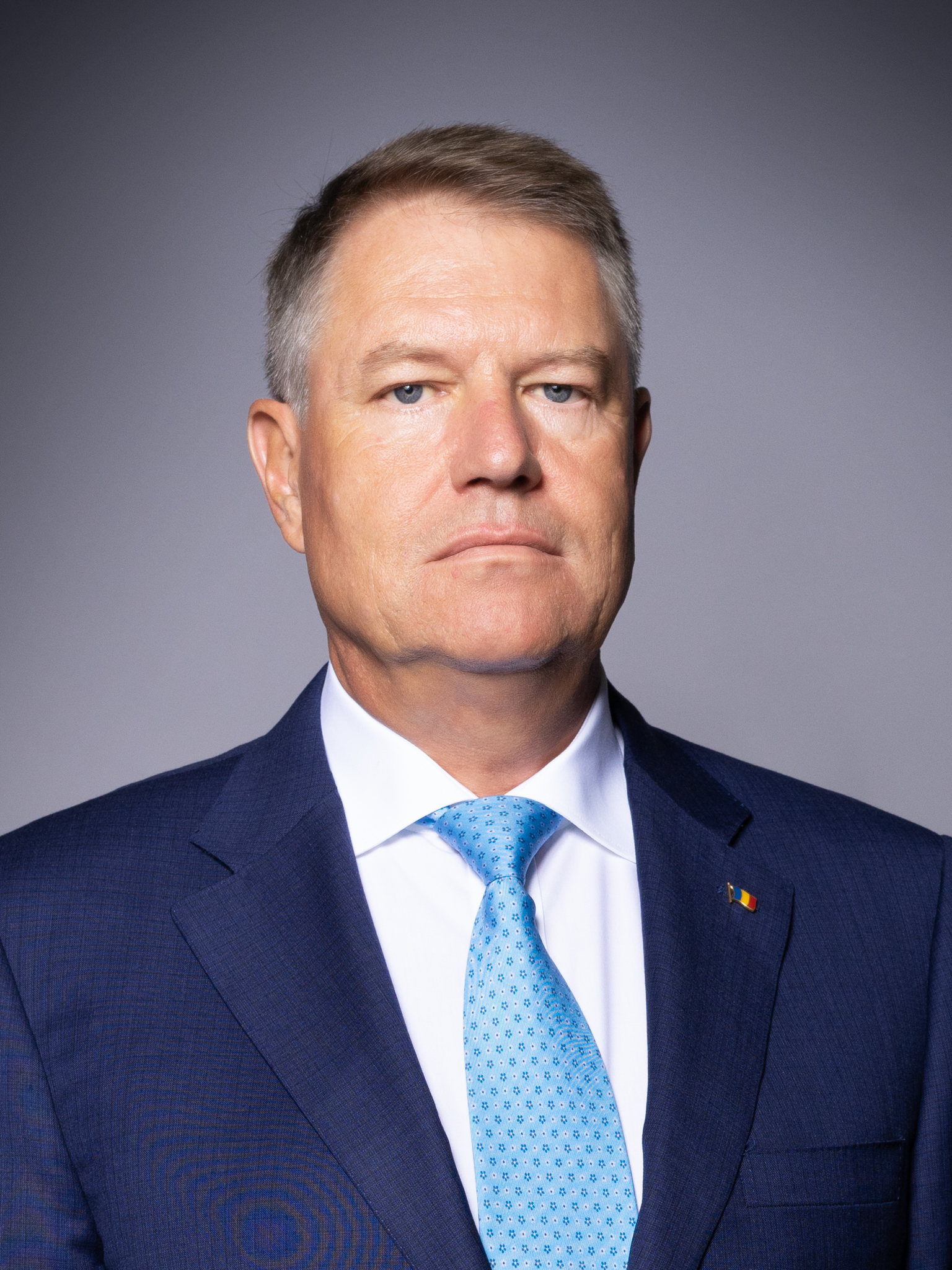
Klaus Iohannis
President of Romania










